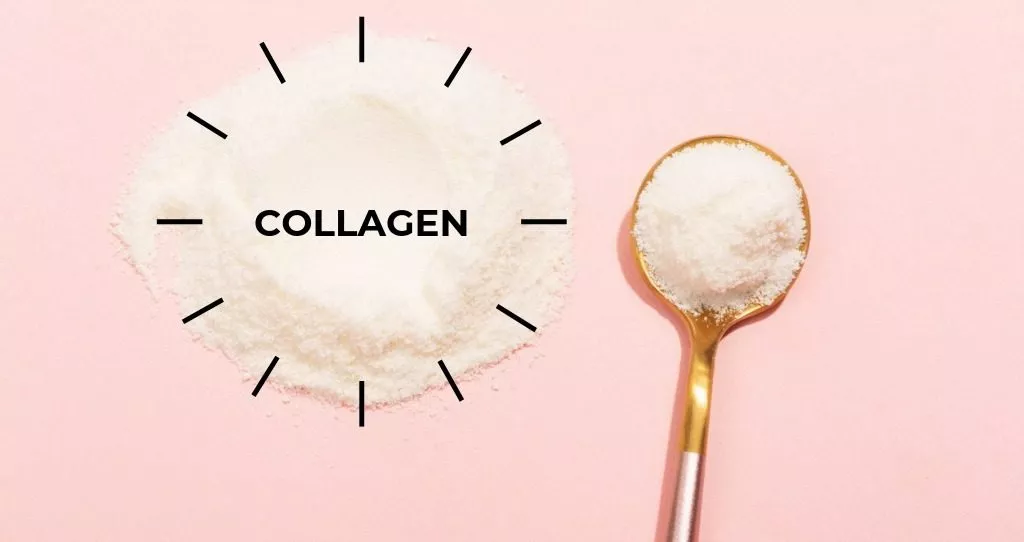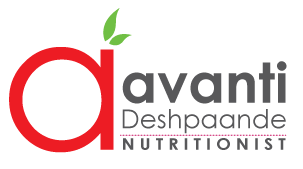
Known to be the ‘fountain of youth’, collagen is the most abundant protein constituting about 65% of the body which helps in strengthening skin, joints, and bones. Due to its cementing property, collagen contributes to skin elasticity and tightening. It also plays a role in maintaining the health of hair and nails. Being an integral part of the connective tissue, collagen is classified into five types of which type 1 remains the most common. It makes up 90% of the skin, hair, nails, organs, bones, and ligaments. The other types are significantly involved in the functioning of the immune system, digestion, gut, and cardiac health.
Due to aging, the body slows down its production, leading to wrinkles, loosening of the skin, and affecting the bones and joints. Therefore it becomes necessary to supply it to the body through the diet to meet the nutritional needs. Apart from growing age, many factors contribute to the depletion of collagen from early age like-
- Excess sun exposure to the skin – Sun exposure beyond a certain limit can result in damaging the skin, thus decreasing collagen production.
- Smoking – Long-term smoking induces premature skin aging and other serious complications as well.
- Alcohol consumption – Excess alcohol can reduce the levels of vitamins in the body which leads to the degradation of collagen.
- Diet high in added sugar and processed foods – If you are having sugar more than expected, you are indirectly increasing the chances of less skin elasticity. Moreover processed and refined foods contain chemicals that hinder the absorption of collagen.
The production of collagen is influenced by certain nutrients which effectively help collagen absorption and become more bioavailable to the body. Below are some vital nutrients essential for collagen synthesis in the body:
- Vitamin C – To improve collagen levels, increase the intake of vitamin C-rich foods which also act as an antioxidant in the body. E.g. citrus fruits, strawberries, bell peppers, papaya, tomatoes, broccoli, and brussels sprouts.
- Zinc – Due to its repairing property, zinc helps boost collagen production. Pumpkin seeds, watermelon seeds, sesame seeds, spinach, almonds, cashews, chickpeas, kidney beans, lentils, and oats must be included to increase zinc levels.
- Copper – Functioning as an essential mineral in the functioning of connective tissue and blood, copper assists in collagen synthesis. Sunflower seeds, sesame seeds, almonds, cashews, shiitake mushrooms, kale, and spinach are rich in copper.
- Proline, glycine, and lysine– Proline and glycine though being non-essential in combination with lysine(essential amino acid) makes its synthesis process effective. As proline, glycine, and lysine are collectively necessary for skin health, wound healing, sleep, blood sugar ranges, and bone growth, our daily diet should consist of a portion of these foods to maintain healthy collagen levels in the body.
Tofu, beans, green peas, spinach, beets, sweet potatoes, quinoa, pumpkin seeds, cashews, pistachios, hemp seeds, oats, avocados, mangoes, legumes, cabbage, yogurt, mushrooms, sunflower seeds, pear, apple, banana, carrots, whole grains, sesame seeds should be consumed to enhance the absorption of proline, glycine, and lysine in the body.
With supplements in trend, collagen supplements have also gained popularity over the years. Due to the changing lifestyle habits, they have taken over the importance of natural sources due to their easy and quick response in the body. Often supplements may cause some unnoticed side effects, especially during pregnancy and for children, so must be used with proper care. Apart from the synthetic sources of collagen, natural sources must be included in the diet from an early age to prevent the consequences from happening due to collagen deficiency.
You can also read our related article on How you can choose the right salt for your diet
